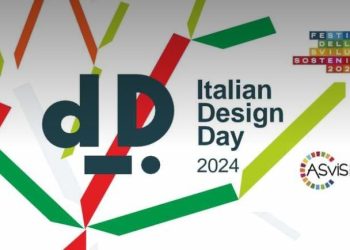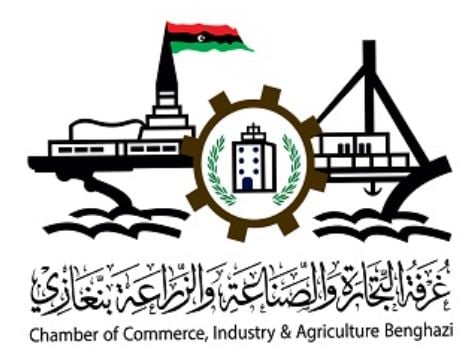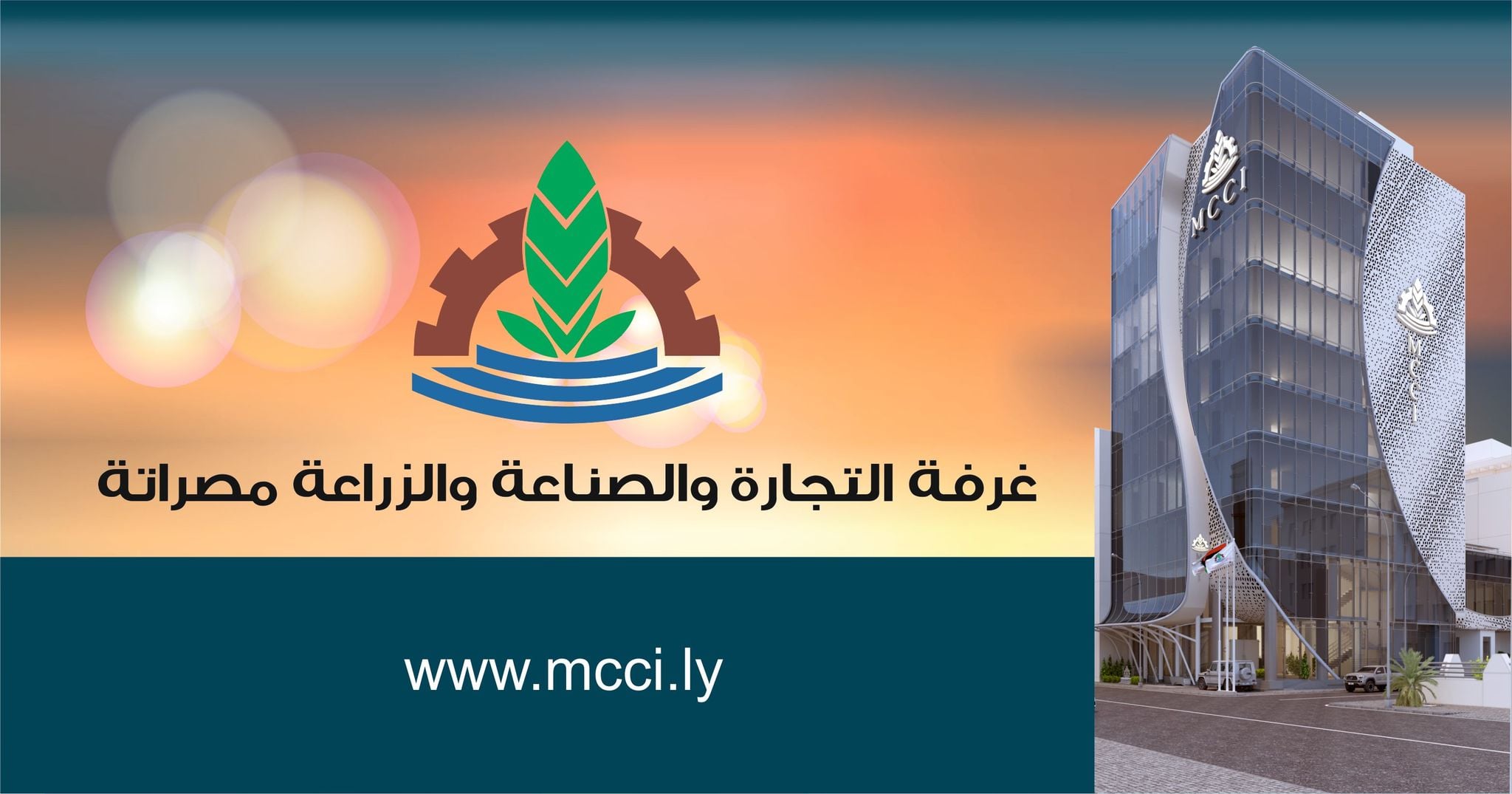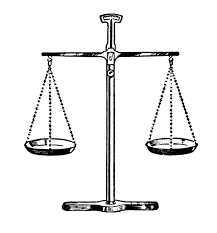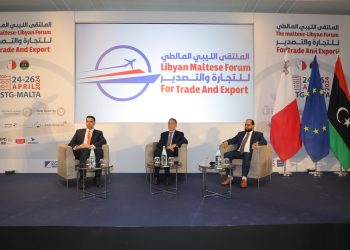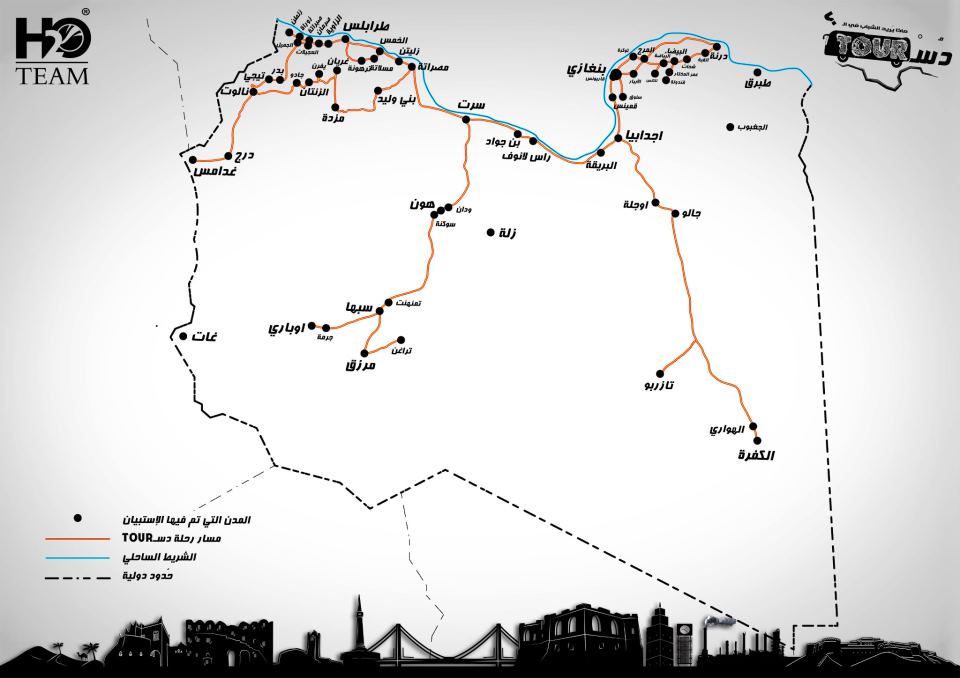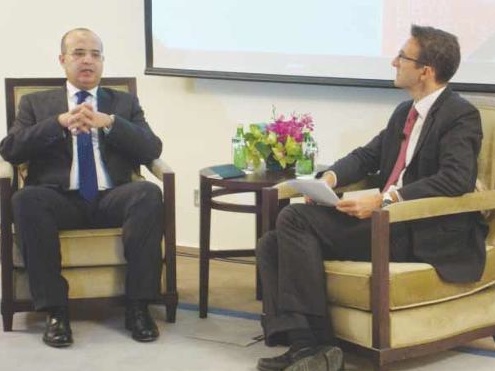
Tripoli, 20 April 2013:
Libya’s massive rebuilding efforts, driven by large-scale investments on new projects, would ensure double-digit growth in 2013, Deputy Prime Minister Awad Barasi said at a press conference on Thursday in Dubai announcing the launch of Libya Projects 2013.
The Libya Projects 2013 conference, organised by business magazine MEED and which aims to showcase business opportunities in Libya, will take place in Tripoli on 3-5 June this year.
Barasi cited figures from the International Monetary Fund, which sees Libya’s economy growing by 16.5 per cent in 2013. He also revealed that the upcoming plans for Libya to host African Cup of Nations (CAF) in 2017 has resulted in a budget of LD 400 million purely for construction of infrastructure for the CAF in 2013 alone.
According to the Deputy Prime Minister, the top industries in Libya with major projects to be awarded this year until 2015 are infrastructure, oil and gas, petrochemicals, utilities and industry with government organisations as key clients – the largest being the state electricity company GECOL, the Housing and Infrastructure Board and the National Oil Corporation.
“Our ageing infrastructure needs a radical overhaul. We devised a projects programme that will develop and modernise critical infrastructure, energy, utilities and industry sectors to boost the economy. Stability and economic diversification are high on the agenda of the government and we are laying the groundwork for this initiative to move forward starting with the election of the new members of the General National Congress,” said Barasi.
The previous day in Dubai, Barasi said that it would take Libya five to ten years to rebuild the country.
Noting that Libya would have rivalled the UAE and Qatar were it not for Qaddafi’s “years of destruction”, he said that LD 100 billion was needed to repair Libya’s damaged infrastructure.
“Libya at the time of King Idris… If we had continued, we’d have been the same like Dubai, the UAE and also Qatar or Saudi Arabia,” Barasi told reporters in Dubai. “But we had 42 years of destruction, nothing happened. Many people left the country.”
This year, he said, LD 19 billion dinars would be spent on rebuilding and commissioning new infrastructure projects.
“We have to spend the next five years working on these projects and trying to build the plans. We spend most of our time trying to fix the problems caused by the old regime,” Barasi said.
He was quoted in the local Dubai press saying that Libya would try to copy its planning methods.
“What I like about the government of Dubai is that it operates everything like a company. The executive office is like a CEO’s,” he said.
“I hope that we will learn a lot from the Dubai government.” [/restrict]



